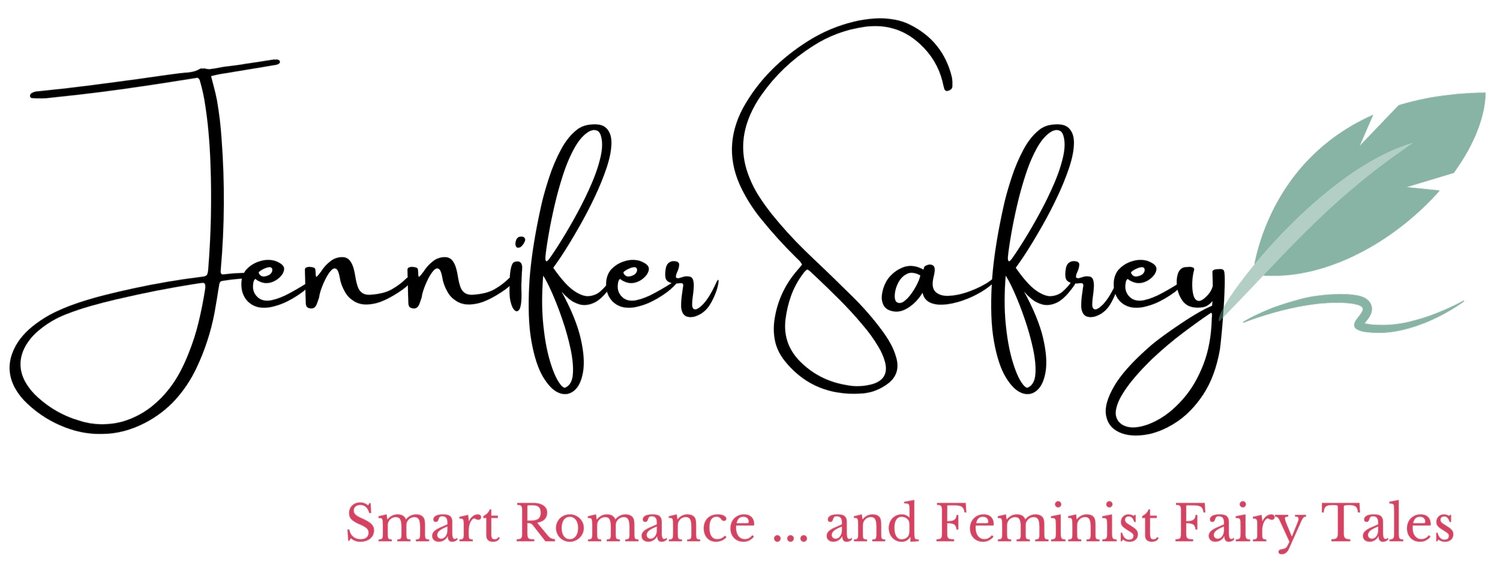I’m not Jo … I’m Amy
I’m not Jo … I’m Amy.
I recognize that this confession is an astonishing one in the female writing community, who tend as a group to regard Jo March as the patron saint of female writers everywhere, those who long to create legacy and make a living with words. Jo is the character I’m supposed to love. Jo is the character I’m supposed to embody. Jo’s spirit is the one that’s supposed to swirl through every word as I form sentences.
But I came to an astonishing realization this week—I’m not Jo. I’m Amy.
Yes, that Amy. The spoiled, attention-grabbing, emotionally volatile sister. And though at first I was horrified to discover it, I feel so much more comfortable with the story of Little Women now that I have this insight. I feel so much better about loving Amy when she was supposed to get on my last nerve.
For all her faults, and her difficulty in expressing herself in a socially acceptable manner, she was the most pragmatic—and, at the same time, the most artistic. She didn’t fool herself into thinking she’d change lives with her painting, but she knew she was talented, and she knew she’d have to marry well in order to keep doing what she loved. She hated being poor, more than the rest of her sisters. She and Jo both wanted to break out of the box of what it meant to be a girl in New England at that time, but Jo seemed to see writing as a means to a financial end, to use it to create a better life, whereas Amy saw her painting as the joy in itself, and she needed to create a better life for that pursuit. She loved pretty things and dressing well, and she was more cosmopolitan than her sisters. And in the end, she got the life she wanted—did Jo? I always thought she settled in marriage, and in career. And why did she agree to open a school for boys with her husband? Why wasn’t it boys and girls? Or just girls?
It was Amy who broke away from provincial life at the end, and realized her dream to become bigger than the life she’d been given. She also seemed happy to me, whereas Jo seemed like she’d be internally tortured forever.
I realized I was an Amy when I was listening to a podcast about enneagrams, and they were talking about my enneagram type (4, the individualist), and gave Amy March as the example of a 4. I thought about Amy’s core need to be her own person, to matter, to have a voice, and her core fear of being ignored and unimportant. And how as a child, that was enough to make her toss Jo’s manuscript in the fire. I get you, Amy. It wasn’t the right thing to do, but you were a kid, and the frustrated kid in me gets it. I’ll defend your character forever.

